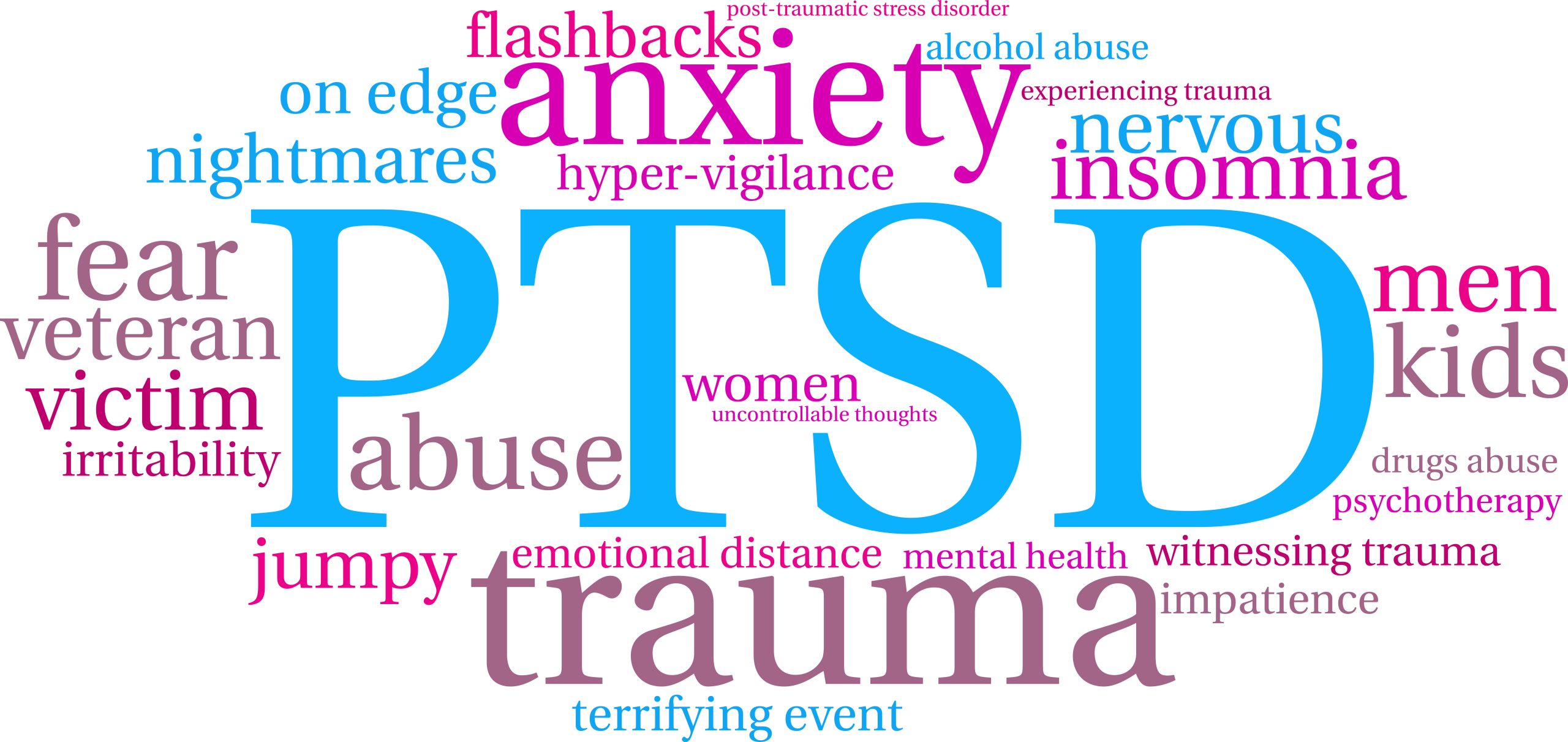June is dedicated to raising awareness about Post-Traumatic Stress Disorder (PTSD), a mental health condition that can affect anyone who has experienced or witnessed a traumatic event. Understanding PTSD, recognizing its symptoms, and knowing how to support those affected are crucial steps toward fostering a compassionate and informed society.
What is PTSD?
PTSD is a psychiatric disorder that can occur in people who have experienced or witnessed a traumatic event such as a natural disaster, serious accident, terrorist act, war/combat, rape, or other violent personal assaults. It is not limited to any particular demographic and can affect individuals of all ages, genders, and backgrounds.
Symptoms of PTSD
PTSD symptoms are generally grouped into four types:
- Intrusive Memories:
- Recurring, unwanted distressing memories of the traumatic event.
- Flashbacks, where the person feels as though they are reliving the event.
- Nightmares about the traumatic event.
- Severe emotional distress or physical reactions to reminders of the event.
- Avoidance:
- Avoiding places, activities, or people that remind them of the traumatic event.
- Avoiding thoughts or feelings related to the trauma.
- Negative Changes in Thinking and Mood:
- Negative thoughts about oneself, other people, or the world.
- Hopelessness about the future.
- Memory problems, including not remembering important aspects of the traumatic event.
- Difficulty maintaining close relationships.
- Feeling detached from family and friends.
- Lack of interest in activities once enjoyed.
- Difficulty experiencing positive emotions.
- Feeling emotionally numb.
- Changes in Physical and Emotional Reactions:
- Being easily startled or frightened.
- Always being on guard for danger.
- Self-destructive behavior, such as drinking too much or driving too fast.
- Trouble sleeping.
- Trouble concentrating.
- Irritability, angry outbursts, or aggressive behavior.
- Overwhelming guilt or shame.
Importance of PTSD Awareness
Raising awareness about PTSD is essential for several reasons:
- Reducing Stigma:
- Educating the public about PTSD can reduce the stigma associated with mental health issues, encouraging more individuals to seek help.
- Encouraging Early Intervention:
- Awareness campaigns can help people recognize the symptoms of PTSD in themselves or others, leading to earlier diagnosis and treatment.
- Providing Support:
- Understanding PTSD enables friends, family members, and communities to provide better support to those affected.
- Promoting Research:
- Increased awareness can drive funding and research efforts to develop more effective treatments and support systems for PTSD.
How to Support Someone with PTSD
If you know someone who might be suffering from PTSD, here are ways to offer support:
- Listen and Validate:
- Allow them to talk about their experiences at their own pace and validate their feelings without judgment.
- Encourage Professional Help:
- Suggest seeking help from a mental health professional who specializes in trauma.
- Educate Yourself:
- Learn more about PTSD to better understand what they are going through and how to help.
- Be Patient:
- Recovery from PTSD can take time, and setbacks are common. Offer patience and understanding throughout their journey.
- Provide Practical Support:
- Assist with everyday tasks that may seem overwhelming to them, like running errands or managing household responsibilities.
- Promote Healthy Lifestyle Choices:
- Encourage activities that promote physical and emotional well-being, such as exercise, healthy eating, and mindfulness practices.
Conclusion
June’s designation as PTSD Awareness Month serves as a crucial reminder of the importance of understanding and addressing this serious condition. By spreading awareness, educating ourselves and others, and offering support to those affected, we can contribute to a more compassionate and responsive society. If you or someone you know is struggling with PTSD, reaching out for professional help can be a critical step toward healing and recovery.

